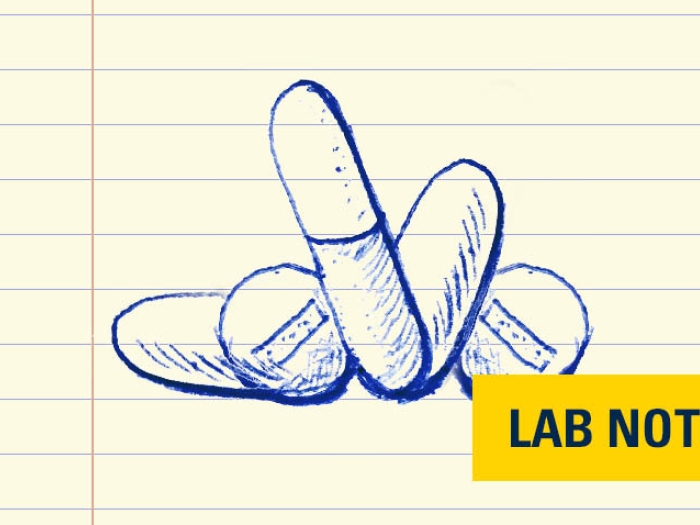The updated 2020 guidelines from the American College of Rheumatology focus on establishing a standard treat-to-target urate lowering therapy.
3:08 PM
Author |

Since the American College of Rheumatology last released the treatment guidelines for gout in 2012, new clinical evidence based on the latest clinical trials has prompted releasing updated guidelines that will improve patient care for the affected population. Standardization of a treat-to-target strategy for urate lowering therapy is the key focus because of its benefit for all patients with gout.
Gout, the most common form of inflammatory arthritis, is a painful, potentially disabling condition caused by having too much uric acid in the body. Uric acid buildup causes chronic inflammation leading to damage in the joints.
"The guidelines include expanded implications for starting urate lowering therapy and a greater emphasis to use allopurinol as the first line agent for all patients with gout that require urate lowering therapy, including those patients with chronic kidney disease," says Puja Khanna, M.D., MPH, a rheumatologist at Michigan Medicine. "It also broadened recommendations about who needs HLA-B*5801 testing prior to starting allopurinol." HLA-B*5901 is a genetic risk factor in specific populations.
The new guidelines recommend a management strategy of starting with a low-dose of a urate lowering medication and increasing the dosage to achieve and maintain a serum urate level of less than 6 mg/dL. This strategy, compared to the 2012 fixed-dose strategy, reduces the risk of treatment-related adverse effects, like flares and other side effects. Other recommendations include:
- Using an anti-inflammatory prophylaxis (e.g., colchicine, NSAIDs, prednisone/prednisolone) when starting urate lowering therapy for at least three to six months rather than less than three months.
- Considering urate lowering therapy for patients with infrequent gout flares or after their first gout flare if they also have moderate to severe chronic kidney disease (greater than or equal to stage three), marked hyperuricemia (serum urate greater than 9 mg/dL) or kidney stones.
The guidelines were developed using the Grading of Recommendations Assessment, Development and Evaluation (GRADE) methodology. The updated and expanded recommendations can be viewed at American College of Rheumatology.

Explore a variety of healthcare news & stories by visiting the Health Lab home page for more articles.

Department of Communication at Michigan Medicine
Want top health & research news weekly? Sign up for Health Lab’s newsletters today!





